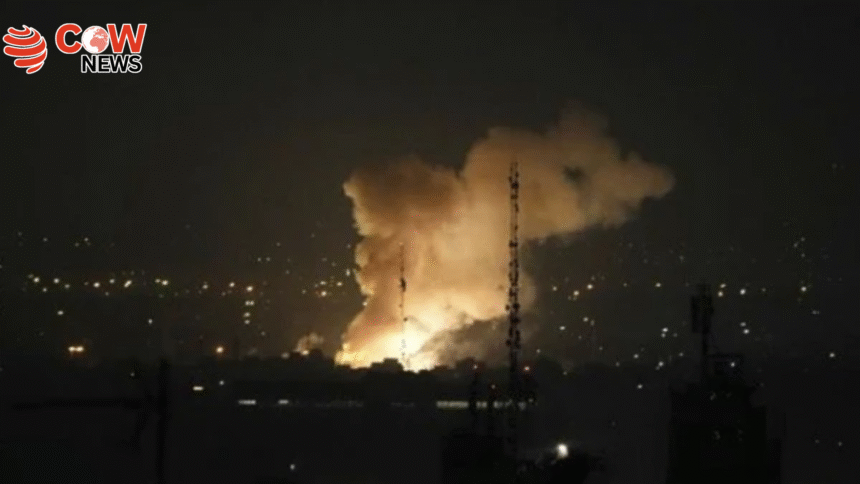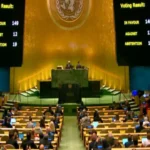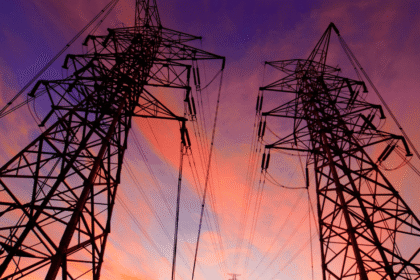TEHRAN (TheCOWNews Digital)Tensions in the Middle East soared early Friday as Israel launched a series of large-scale airstrikes across Iran, targeting nuclear and military installations. Explosions rocked Tehran and other major cities, with unconfirmed reports suggesting the deaths of top Iranian military and nuclear officials.
According to Israeli Defense Minister Yoav Gallant, the operation—dubbed Operation Rising Lion—aims to eliminate what he called “an existential threat” posed by Iran’s nuclear capabilities. He confirmed that dozens of high-value targets were struck, including suspected nuclear enrichment facilities and long-range missile depots.
International and regional media outlets, citing unnamed sources, reported that among the casualties are Major General Hossein Salami, commander of Iran’s Islamic Revolutionary Guard Corps (IRGC), Iranian Chief of Staff General Mohammad Bagheri, and two senior nuclear scientists, Farid Abbasi and Mohammad Mahdi. While Iranian state authorities have not yet officially confirmed these claims, the reports have triggered widespread speculation and concern.
Loud explosions were heard throughout Tehran and nearby cities, sending residents into panic. Flights from Imam Khomeini International Airport have been suspended until further notice, with heightened security around critical infrastructure.
Israeli Prime Minister Benjamin Netanyahu, in a televised address, stated that Operation Rising Lion would continue until Iran’s ability to threaten Israel’s existence is neutralized. “This is a necessary, defensive operation. We cannot allow Iran to acquire nuclear weapons. The threat has escalated to a point where inaction is no longer an option,” he said.
He further emphasized that recent intelligence showed Iran advancing rapidly toward nuclear weaponization. “If left unchecked, Iran could become a nuclear power within months,” Netanyahu warned, appealing to the international community to recognize the urgency of the situation.
In Israel, air raid sirens were activated across multiple cities, including Jerusalem, with emergency alerts sent to citizens’ mobile devices warning of potential retaliatory strikes from Iran or allied militias in the region. Defense officials in Tel Aviv declared a nationwide state of emergency and placed military units on high alert.
U.S. media reported that President Trump has convened an emergency meeting with his national security team in light of the evolving crisis. While the White House has not yet issued an official statement, analysts expect calls for de-escalation to be central to any international response.
Iranian state media acknowledged the strikes but refrained from confirming casualties. However, the government suspended all civilian air traffic and activated emergency protocols nationwide. Iranian officials are expected to respond publicly within hours, possibly outlining their next course of action.
Analysts warn that the strikes could trigger a wider conflict across the Middle East. The United Nations and major global powers are likely to urge restraint from both sides, fearing regional destabilization.
As the situation develops, the world watches closely, bracing for what could be a defining moment in Middle East geopolitics.







